Unveiling the Charm of Provence: A Journey Through Its Towns
Related Articles: Unveiling the Charm of Provence: A Journey Through Its Towns
Introduction
In this auspicious occasion, we are delighted to delve into the intriguing topic related to Unveiling the Charm of Provence: A Journey Through Its Towns. Let’s weave interesting information and offer fresh perspectives to the readers.
Table of Content
Unveiling the Charm of Provence: A Journey Through Its Towns
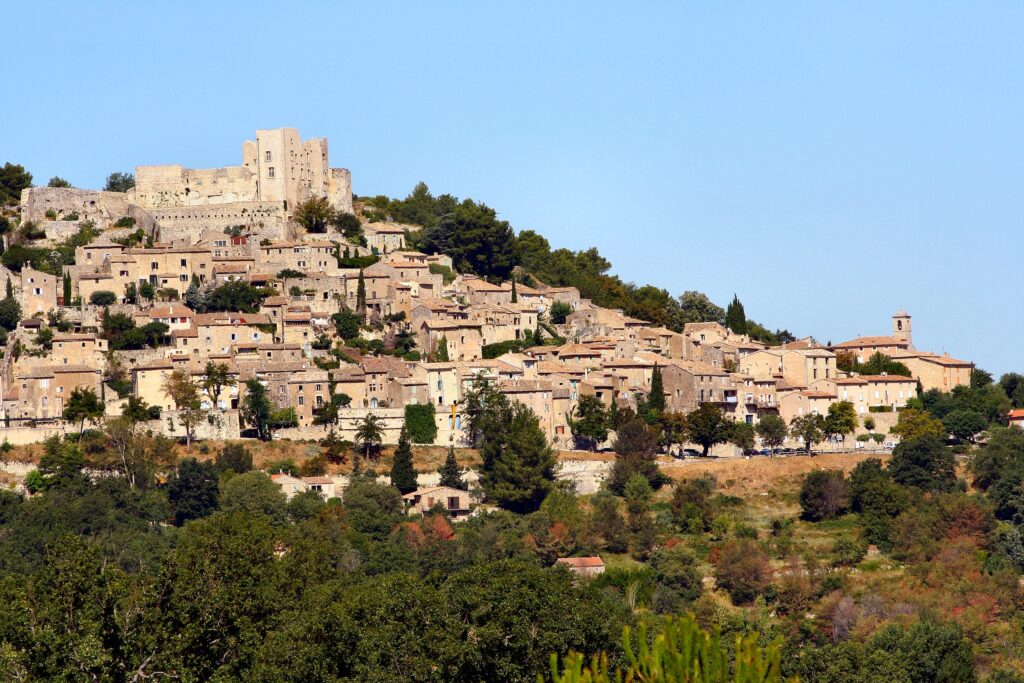
Provence, a region in southeastern France, is renowned for its picturesque landscapes, vibrant culture, and captivating history. Its rolling hills, lavender fields, and charming towns beckon travelers from around the world. Understanding the geography of Provence, particularly its towns, is crucial to planning an enriching and memorable trip. This article delves into the captivating world of Provence, exploring its towns and their unique character, providing a comprehensive guide to this enchanting region.
A Tapestry of Towns: Exploring the Diverse Landscape
Provence’s diverse landscape, characterized by rolling hills, valleys, and coastal areas, is home to a myriad of towns, each with its own distinct charm and appeal. The region’s unique geography has influenced the development of these towns, shaping their architecture, culture, and economy.
Coastal Delights: Where Sun and Sea Converge
The Mediterranean coastline of Provence is dotted with charming seaside towns that offer a blend of history, culture, and relaxation.
- Nice: This bustling city, known for its beautiful beaches, vibrant Promenade des Anglais, and historic Old Town, is a popular destination for its cultural offerings and cosmopolitan atmosphere.
- Cannes: Famous for its annual film festival, Cannes boasts elegant beaches, luxurious hotels, and a vibrant nightlife.
- Marseille: France’s oldest city, Marseille, is a dynamic port city with a rich history and a vibrant cultural scene. Its historic Old Port, bustling markets, and picturesque harbor offer a glimpse into the city’s past and present.
- Saint-Tropez: This glamorous resort town, known for its chic boutiques, luxurious yachts, and vibrant nightlife, attracts celebrities and discerning travelers alike.
The Heart of Provence: Unveiling the Inland Gems
Provence’s interior is a tapestry of rolling hills, lavender fields, and picturesque villages, each offering a unique glimpse into the region’s rich history and culture.
- Avignon: This historic city, known for its imposing Palais des Papes and the Pont d’Avignon, is a UNESCO World Heritage Site.
- Aix-en-Provence: A charming university town, Aix-en-Provence is renowned for its elegant architecture, beautiful fountains, and vibrant art scene.
- Arles: This ancient city, immortalized by Vincent van Gogh, is known for its Roman amphitheater, charming old town, and vibrant markets.
- Gordes: A stunning hilltop village, Gordes is renowned for its picturesque architecture, breathtaking views, and captivating history.
- Roussillon: A village known for its ochre cliffs, Roussillon offers a striking visual spectacle, with its houses built into the colorful rock formations.
The Luberon Valley: A Landscape of Beauty and Tranquility
The Luberon Valley, nestled in the heart of Provence, is a region of breathtaking beauty, characterized by rolling hills, vineyards, and charming villages.
- Apt: Known for its bustling markets and its production of high-quality fruits and vegetables, Apt is a charming town with a rich history.
- Lourmarin: A picturesque village, Lourmarin is known for its beautiful fountain, its charming streets, and its serene atmosphere.
- Bonnieux: Perched on a hilltop, Bonnieux offers breathtaking views of the Luberon Valley and its surrounding countryside.
Beyond the Towns: Exploring the Natural Wonders of Provence
Provence’s diverse landscape offers a wealth of natural wonders, from the rugged beauty of the Massif des Maures to the serene beauty of the Camargue.
- The Camargue: A vast wetland region, the Camargue is home to a unique ecosystem, with its famous white horses, black bulls, and diverse birdlife.
- The Massif des Maures: A rugged mountain range, the Massif des Maures offers stunning hiking trails, picturesque villages, and breathtaking views.
- The Gorges du Verdon: A dramatic canyon, the Gorges du Verdon is a popular destination for outdoor enthusiasts, with its stunning cliffs, turquoise waters, and challenging hiking trails.
A Culinary Journey: Savoring the Flavors of Provence
Provence’s cuisine is a reflection of its rich agricultural heritage, with fresh, seasonal ingredients playing a starring role.
- Herbes de Provence: A blend of herbs, including thyme, rosemary, oregano, and basil, adds a distinct flavor to Provençal dishes.
- Tapenade: A spread made from olives, capers, and anchovies, tapenade is a popular appetizer and condiment.
- Ratatouille: A vegetable stew, ratatouille is a classic Provençal dish, featuring eggplant, zucchini, tomatoes, and peppers.
- Bouillabaisse: A seafood stew, bouillabaisse is a traditional Provençal dish, featuring a variety of fish and shellfish.
- Aioli: A garlic mayonnaise, aioli is a popular condiment and sauce in Provence.
A Cultural Tapestry: Exploring the Artistic Heritage of Provence
Provence has long been a source of inspiration for artists, writers, and musicians, its beauty and culture attracting creative minds from around the world.
- Vincent van Gogh: The Dutch painter spent time in Arles, where he created some of his most famous works, including "Starry Night."
- Paul Cézanne: The French painter was born in Aix-en-Provence and spent much of his life in the region, capturing its beauty in his paintings.
- The Festival d’Avignon: This annual theater festival, held in Avignon, is one of the most important theater events in the world.
FAQs: Understanding the Map of Provence and its Towns
Q: What is the best time to visit Provence?
A: The best time to visit Provence is during the spring (April-May) or autumn (September-October) when the weather is mild and the crowds are smaller.
Q: How do I get around Provence?
A: Provence is well-connected by road, train, and air. Renting a car is the most convenient way to explore the region, allowing you to visit towns and attractions at your own pace.
Q: What are some must-see attractions in Provence?
A: Some must-see attractions in Provence include the Palais des Papes in Avignon, the Roman amphitheater in Arles, the lavender fields of the Luberon Valley, and the Gorges du Verdon.
Q: What are some local specialties to try in Provence?
A: Some local specialties to try in Provence include bouillabaisse, ratatouille, tapenade, and aioli.
Tips for Exploring Provence’s Towns
- Plan your itinerary: Provence offers a wealth of attractions, so it’s important to plan your itinerary in advance to make the most of your time.
- Embrace the pace of life: Provence is a region where life moves at a slower pace, so take your time to explore the towns and soak up the atmosphere.
- Enjoy the local cuisine: Provence’s cuisine is a highlight of the region, so be sure to sample some of the local specialties.
- Explore the countryside: Provence’s countryside is as beautiful as its towns, so be sure to take some time to explore the rolling hills, lavender fields, and vineyards.
- Learn a few French phrases: While English is widely spoken in tourist areas, learning a few basic French phrases will enhance your experience.
Conclusion: A Journey Through the Heart of Provence
A map of Provence is more than just a geographical representation; it is a key to unlocking the region’s captivating beauty, rich history, and vibrant culture. From the bustling port cities of the Mediterranean coast to the charming hilltop villages of the interior, each town in Provence offers a unique glimpse into the region’s soul. By exploring its towns and immersing yourself in its culture, you will discover why Provence continues to captivate the hearts of travelers from around the world.
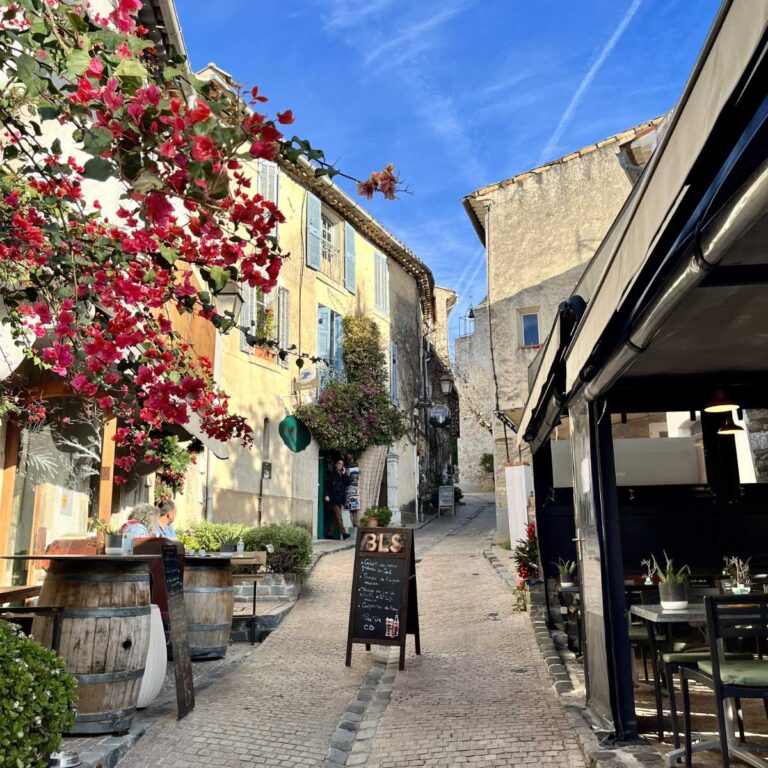
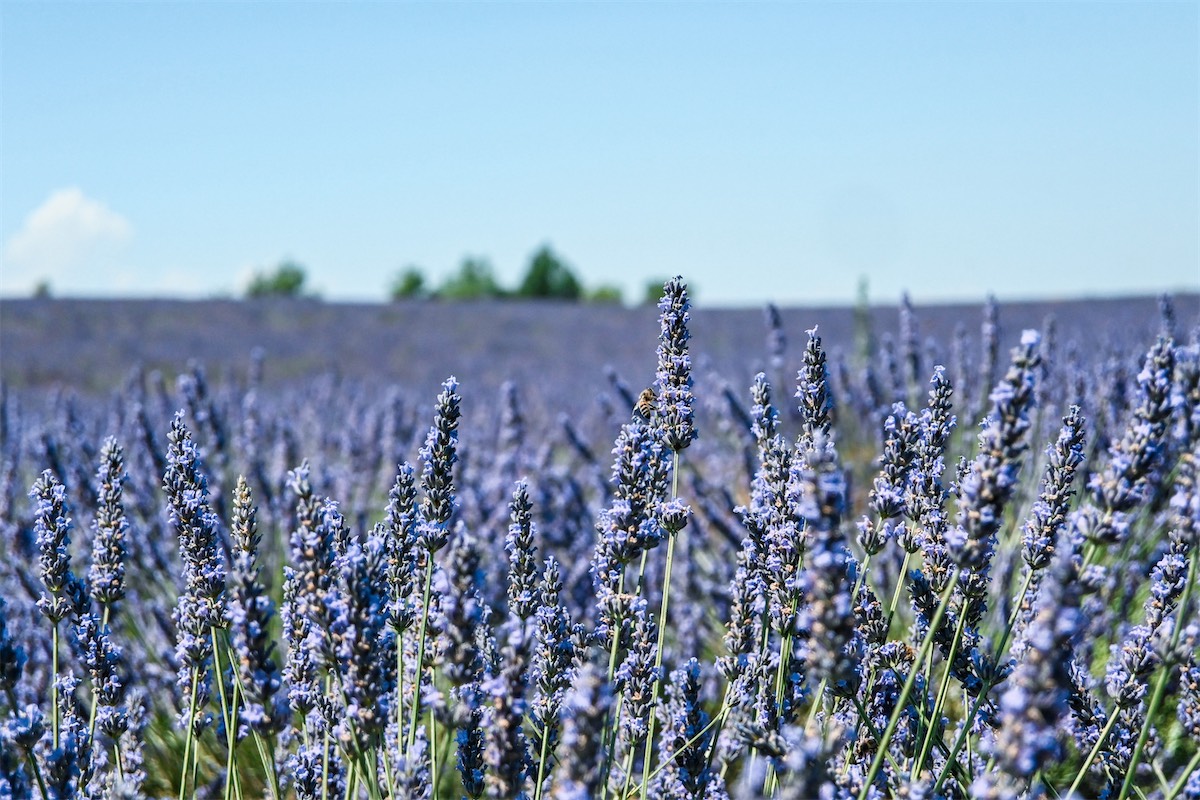
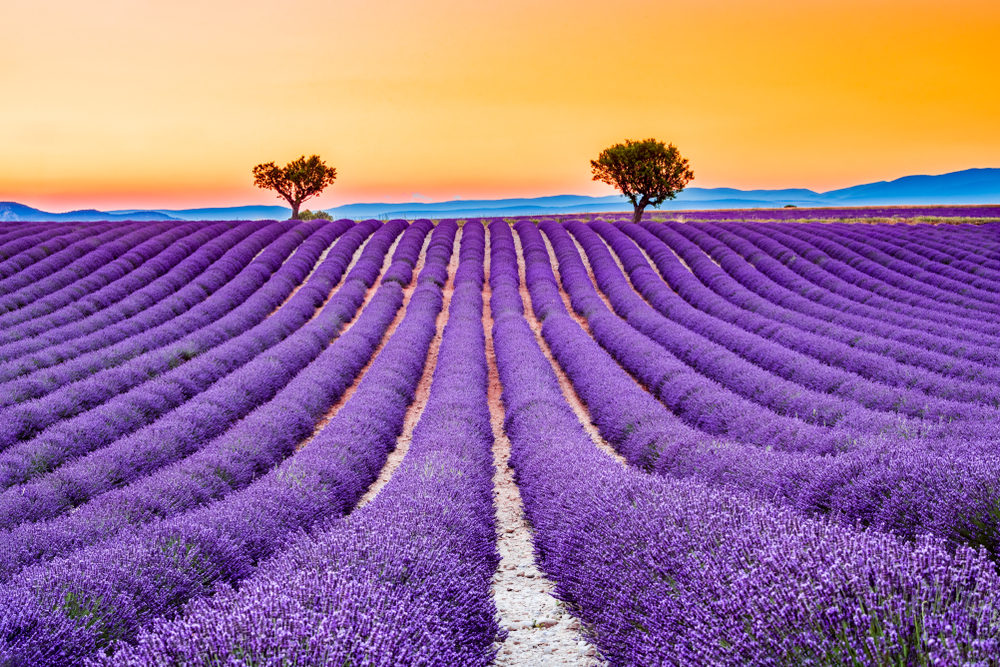

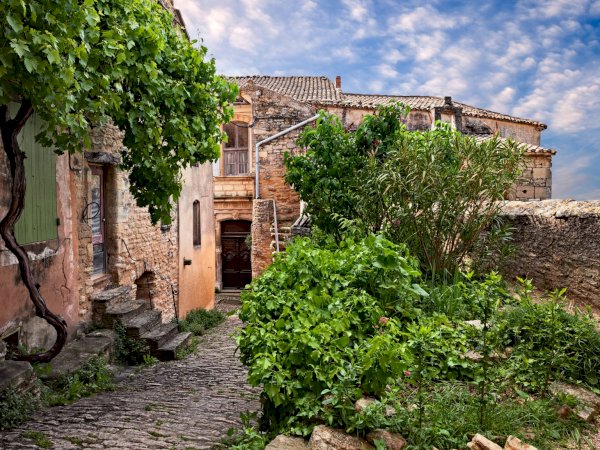



Closure
Thus, we hope this article has provided valuable insights into Unveiling the Charm of Provence: A Journey Through Its Towns. We hope you find this article informative and beneficial. See you in our next article!